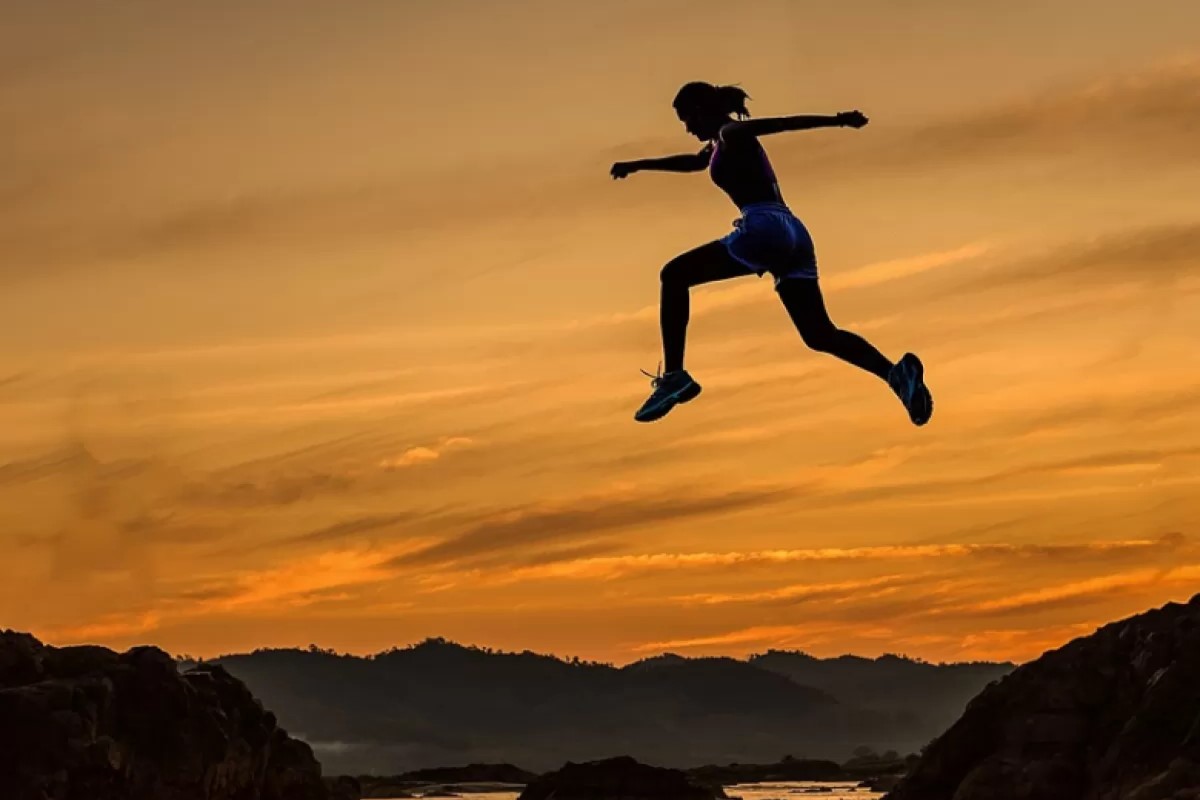
What is courage? Courage is the ability to confront fear, pain, danger, uncertainty, or intimidation. It’s not just about heroic acts in battle or daring rescues. Everyday courage can be seen in standing up for what’s right, facing personal challenges, or even trying something new. Why is courage important? Courage helps us grow, overcome obstacles, and achieve goals. It empowers us to take risks, make tough decisions, and stand by our values. How can we develop courage? Building courage involves practice, self-reflection, and sometimes, a bit of bravery. Start small, face fears gradually, and celebrate each victory.
Key Takeaways:
- Courage has shaped history, from Joan of Arc to Rosa Parks, inspiring bravery in literature, sports, science, and everyday life. Even animals and artists show remarkable courage in their own ways.
- Everyday acts of courage, from first responders to whistleblowers, show that bravery isn't just for famous figures. Animals and artists also exhibit remarkable courage, inspiring us all to be brave in our own lives.
Courage in History
Courage has shaped the course of history. Acts of bravery have inspired countless generations. Here are some fascinating facts about courage throughout history.
- Joan of Arc led the French army to several important victories during the Hundred Years' War, despite being just a teenager.
- Rosa Parks refused to give up her bus seat in 1955, sparking the Montgomery Bus Boycott and becoming a symbol of the Civil Rights Movement.
- Nelson Mandela spent 27 years in prison fighting against apartheid before becoming South Africa's first black president.
- Harriet Tubman escaped slavery and then risked her life to lead hundreds of enslaved people to freedom via the Underground Railroad.
- Mahatma Gandhi used nonviolent resistance to lead India to independence from British rule.
Courage in Literature
Literature often celebrates acts of bravery. Characters in books can inspire readers to be courageous in their own lives.
- Atticus Finch in "To Kill a Mockingbird" stands up against racial injustice, defending an innocent black man in a deeply prejudiced society.
- Frodo Baggins in "The Lord of the Rings" embarks on a perilous journey to destroy the One Ring, despite his fears.
- Katniss Everdeen in "The Hunger Games" volunteers to take her sister's place in a deadly competition, showing immense bravery.
- Harry Potter faces numerous dangers to defeat Voldemort and protect his friends and the wizarding world.
- Beowulf battles monsters and dragons, demonstrating the heroic ideal of courage in ancient literature.
Courage in Sports
Athletes often display incredible bravery, pushing their limits and overcoming obstacles. Here are some examples of courage in sports.
- Jackie Robinson broke Major League Baseball's color barrier in 1947, facing intense racism with dignity and strength.
- Muhammad Ali stood up for his beliefs, refusing to be drafted into the Vietnam War, despite the consequences.
- Bethany Hamilton returned to professional surfing after losing her arm in a shark attack, showing remarkable resilience.
- Jesse Owens won four gold medals at the 1936 Berlin Olympics, defying Nazi ideology and racism.
- Simone Biles withdrew from several events at the 2021 Tokyo Olympics to prioritize her mental health, highlighting the importance of self-care.
Courage in Science and Exploration
Scientific discoveries and explorations often require immense bravery. These individuals took great risks to expand human knowledge.
- Marie Curie conducted pioneering research on radioactivity, despite the dangers, becoming the first woman to win a Nobel Prize.
- Neil Armstrong became the first person to walk on the moon in 1969, a monumental achievement in human exploration.
- Galileo Galilei defended his heliocentric theory, challenging the powerful Catholic Church and risking his life.
- Jane Goodall lived among wild chimpanzees in Tanzania, revolutionizing our understanding of primates.
- Rosalind Franklin made critical contributions to the discovery of DNA's structure, despite facing gender discrimination.
Everyday Acts of Courage
Courage isn't just found in grand historical events or famous figures. Everyday people show bravery in their daily lives.
- First responders risk their lives to save others during emergencies, such as firefighters running into burning buildings.
- Teachers stand up against bullying, creating safe environments for their students.
- Parents make sacrifices to provide better futures for their children, often facing financial and personal challenges.
- Whistleblowers expose corruption and wrongdoing, despite the personal and professional risks.
- Volunteers work in dangerous areas, providing aid and support to those in need.
Courage in Animals
Animals can also exhibit bravery, often protecting their families or helping humans in need.
- Dogs have been known to save their owners from danger, such as alerting them to fires or intruders.
- Elephants protect their herds from predators, showing remarkable teamwork and bravery.
- Dolphins have rescued humans from drowning or shark attacks, displaying incredible intelligence and courage.
- Cats have alerted their owners to gas leaks or other dangers, preventing potential disasters.
- Birds like the African grey parrot have shown the ability to warn their owners of impending danger.
Courage in Art and Music
Artists and musicians often use their platforms to challenge norms and inspire change, showing great bravery in their work.
- Pablo Picasso created "Guernica," a powerful anti-war painting, in response to the bombing of Guernica during the Spanish Civil War.
- Nina Simone used her music to address civil rights issues, despite facing significant backlash.
- Frida Kahlo expressed her pain and struggles through her art, breaking taboos and challenging societal norms.
- Bob Dylan wrote songs that became anthems for social change, such as "Blowin' in the Wind" and "The Times They Are a-Changin'."
- Banksy uses street art to make bold political statements, often risking arrest.
Courage in Technology
Innovators in technology have often faced significant challenges and risks to bring their visions to life.
- Steve Jobs co-founded Apple and revolutionized personal computing, despite numerous setbacks and failures.
- Ada Lovelace wrote the first algorithm intended for a machine, laying the groundwork for modern computing.
- Elon Musk has pushed the boundaries of space exploration and electric vehicles, despite facing skepticism and financial risks.
Courage: The Heartbeat of Humanity
Courage isn't just about grand gestures. It's in everyday actions, like standing up for what's right or facing fears head-on. History shows countless examples of bravery, from civil rights leaders to unsung heroes. Courage can be quiet, like speaking up in a meeting, or loud, like leading a protest. It's a universal trait that connects us all, reminding us of our shared humanity.
Understanding courage helps us appreciate the strength within ourselves and others. It inspires us to act with integrity, even when it's tough. Whether you're facing personal challenges or standing up for others, remember that courage is within reach. Embrace it, and you'll find the power to make a difference in your life and the world around you.
Frequently Asked Questions
Was this page helpful?
Our commitment to delivering trustworthy and engaging content is at the heart of what we do. Each fact on our site is contributed by real users like you, bringing a wealth of diverse insights and information. To ensure the highest standards of accuracy and reliability, our dedicated editors meticulously review each submission. This process guarantees that the facts we share are not only fascinating but also credible. Trust in our commitment to quality and authenticity as you explore and learn with us.


